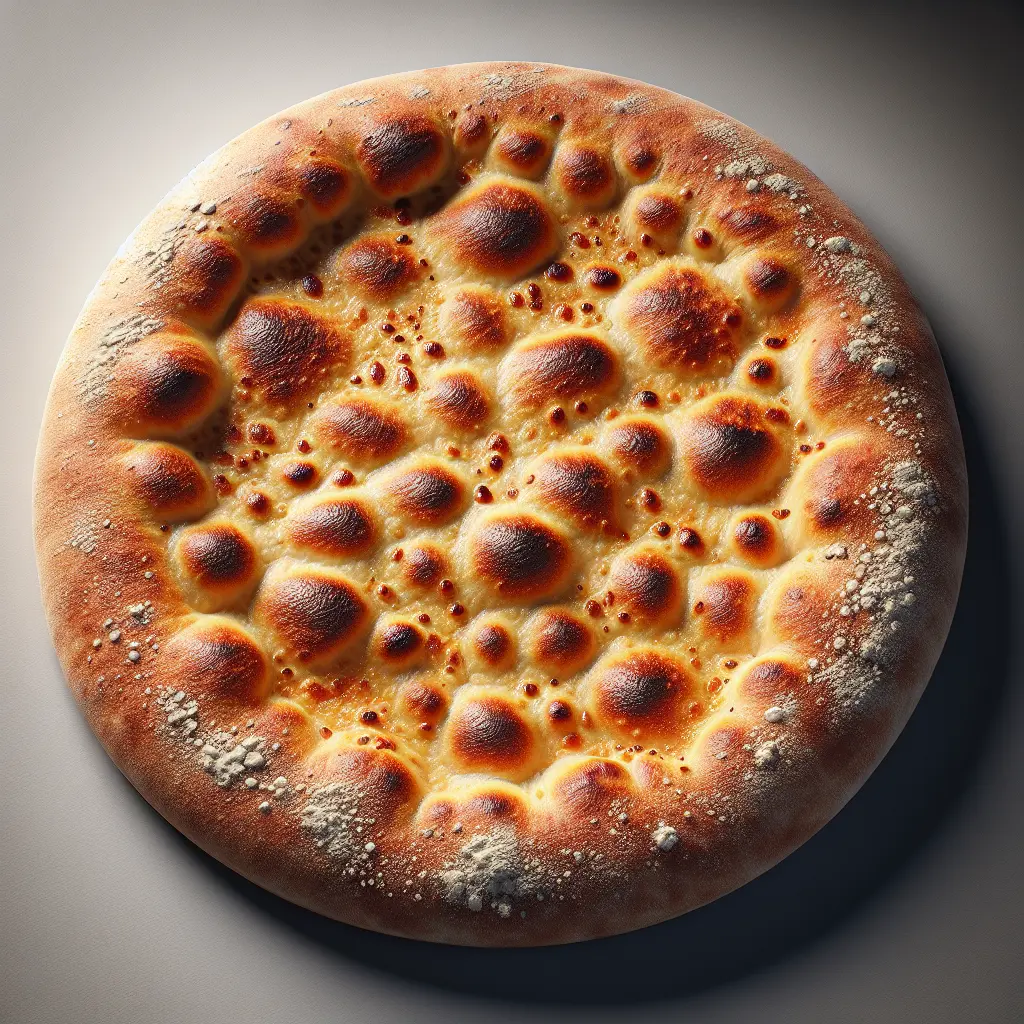Nutritional Profile of Pizza Crust
A 12-inch pizza crust, weighing approximately 326 grams, provides the following nutritional information:
- Calories: 1412
- Protein: 35 grams
- Fat: 31 grams
- Carbohydrates: 245 grams
- Fiber: 10 grams
- Sugar: 5 grams
Macronutrient Distribution
-
Carbohydrates: The primary macronutrient in pizza crust is carbohydrates, accounting for 245 grams. These carbohydrates provide the body with energy and are essential for various bodily functions.
-
Protein: Pizza crust is a moderate source of protein, containing 35 grams. Protein is crucial for building and repairing tissues, as well as producing hormones and enzymes.
-
Fat: With 31 grams of fat, pizza crust is a relatively high-fat food. It is important to note that the type of fat present in the crust can significantly impact its healthfulness. Saturated and trans fats should be consumed in moderation, while monounsaturated and polyunsaturated fats are beneficial for heart health.
Micronutrient Content
Pizza crust contains a range of micronutrients, including vitamins, minerals, and antioxidants. However, the specific micronutrient content can vary depending on the type of flour used, the addition of herbs or seasonings, and the cooking method.
Health Implications of Pizza Crust
The nutritional impact of pizza crust on health depends on factors such as the serving size, frequency of consumption, and overall dietary context. Consuming pizza crust in moderation as part of a balanced diet can provide necessary nutrients and energy. However, excessive consumption of pizza crust, particularly if it is high in saturated fat, refined carbohydrates, and sodium, can contribute to weight gain and an increased risk of chronic diseases such as heart disease and type 2 diabetes.
Tips for Healthy Pizza Consumption
- Choose a thin or whole-wheat crust to reduce calorie and carbohydrate intake.
- Opt for toppings that provide nutritional value, such as vegetables, lean protein, and low-fat cheese.
- Limit the consumption of high-fat toppings like sausage and pepperoni.
- Control portion sizes and avoid consuming pizza crust multiple times per week.
Conclusion
Pizza crust serves as a versatile and often-enjoyed culinary canvas. Understanding its nutritional composition and potential health implications can empower individuals to make informed choices when consuming pizza. By balancing portion sizes, opting for healthier toppings, and incorporating pizza crust into a balanced diet, one can enjoy this popular food while minimizing its potential negative effects on health.
How many calories are in Pizza Crust?
Each 1 12" crust of Pizza Crust contains 1412 calories.
Pizza Crust Nutritional Information
| Nutrient | Amount per 1 12" crust (593g) |
|---|---|
| Calories | 1412 Calories |
| Protein | 35g |
| Fat | 31g |
| Saturated Fat | 4.3g |
| Cholesterol | 0mg |
| Carbohydrates | 245g |
| Dietary Fiber | 10g |
| Sugar | 5g |
| Sodium | 2.377mg |
| Potassium | 0.3925mg |
| Calcium | 0.058mg |
| Iron | 0.015mg |
